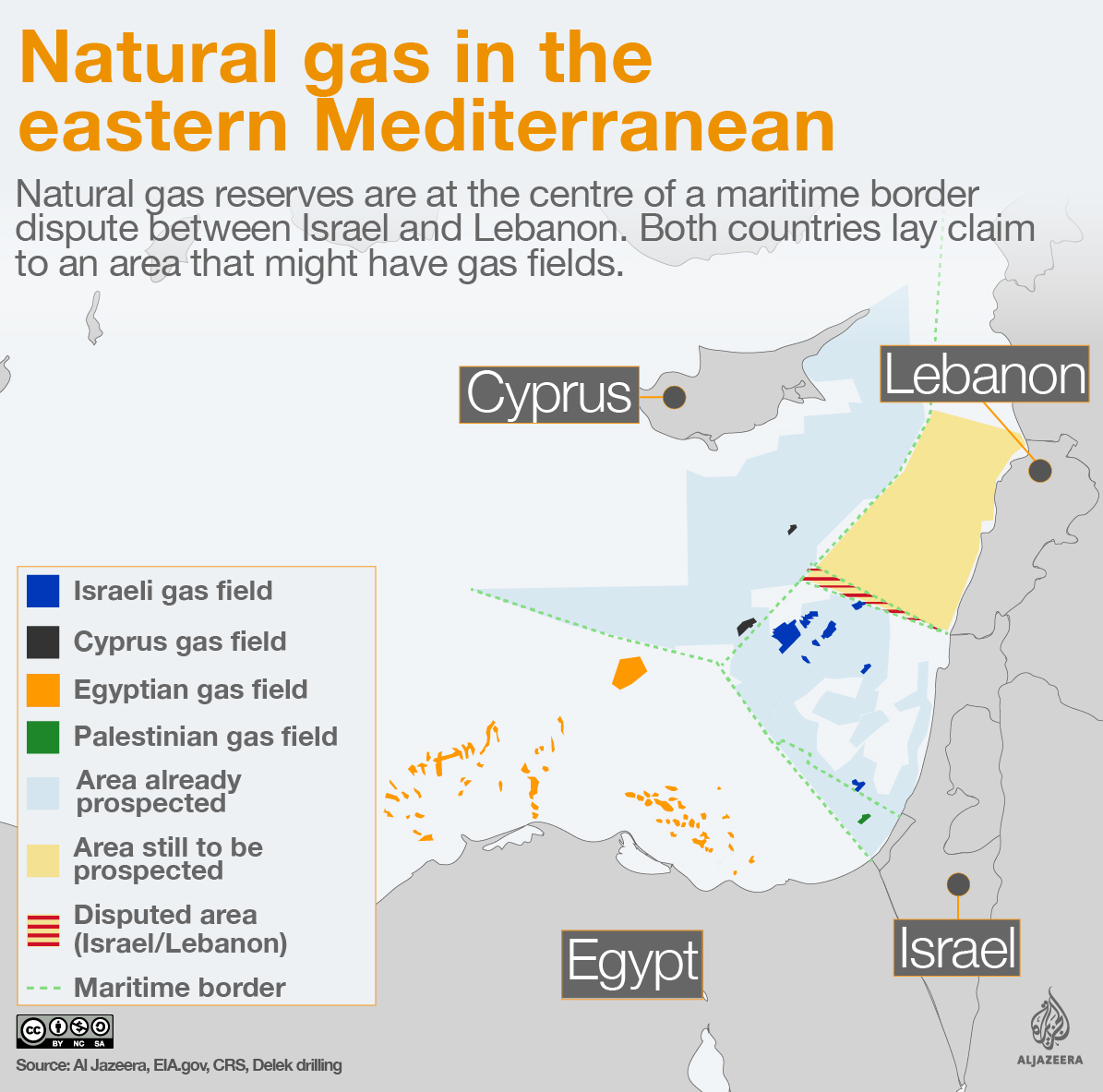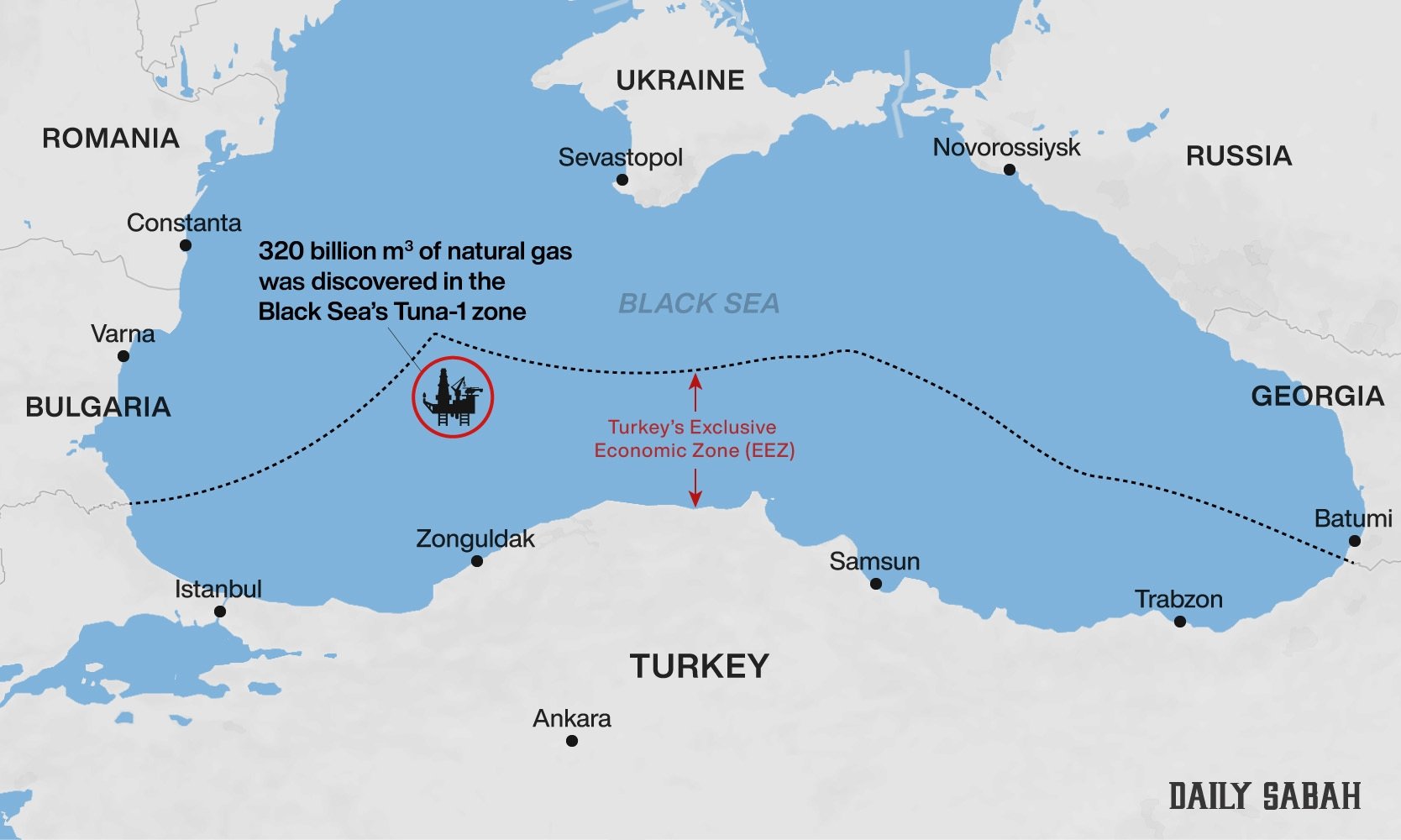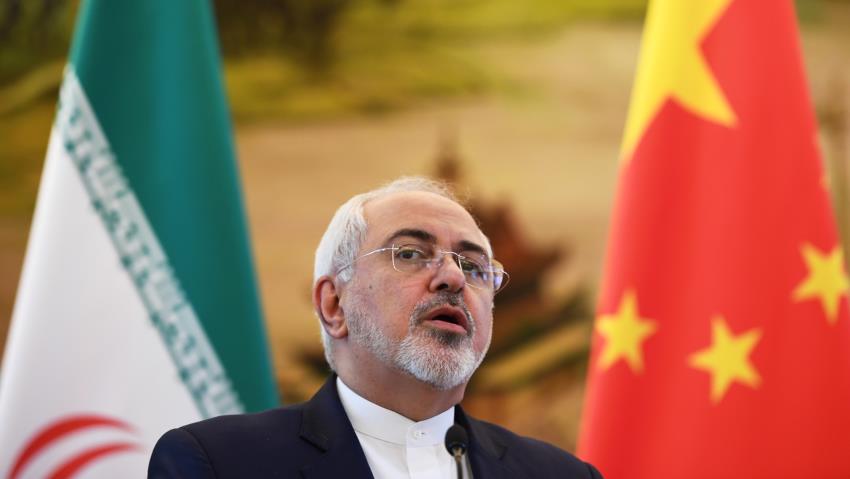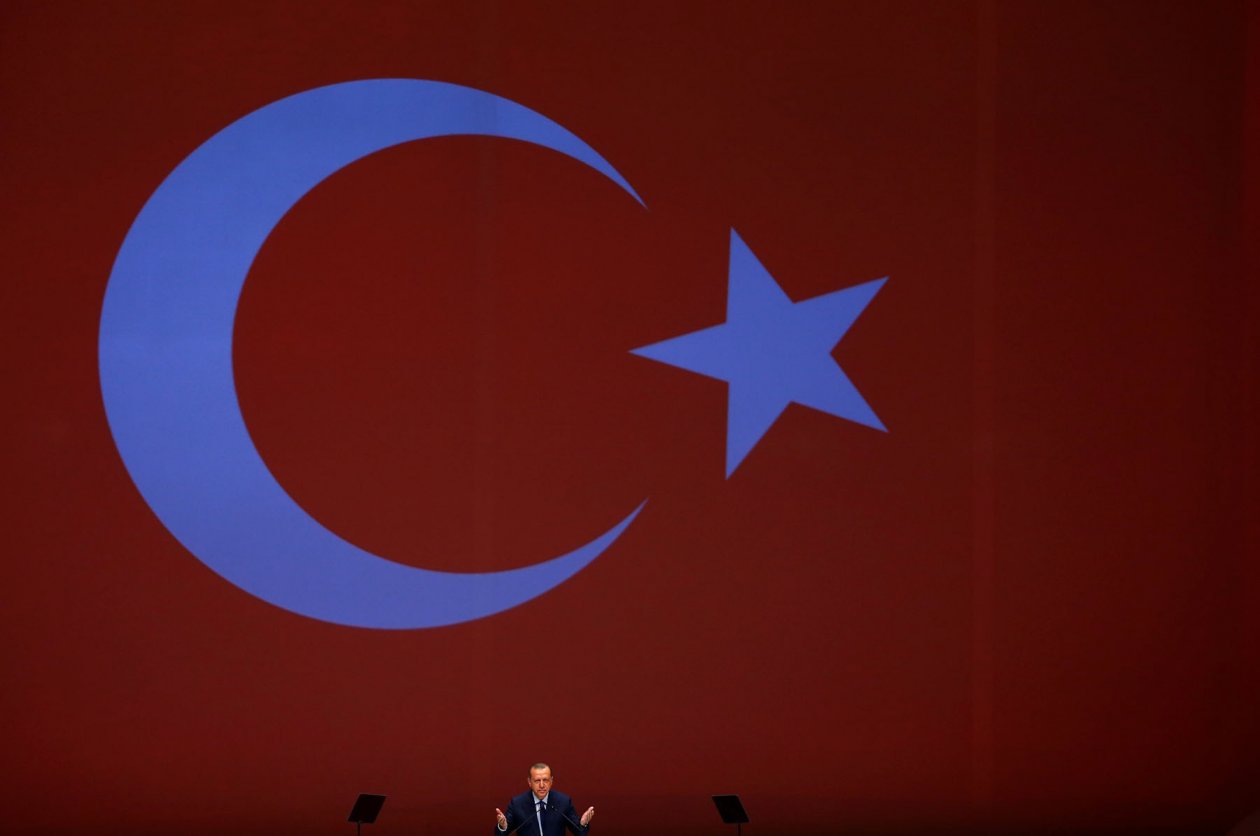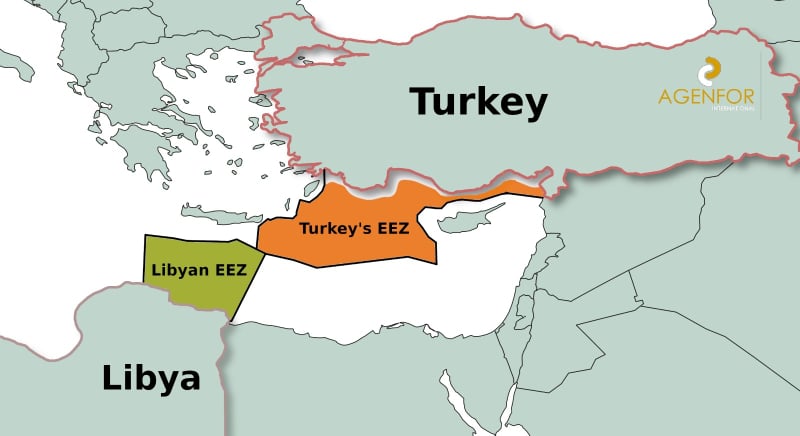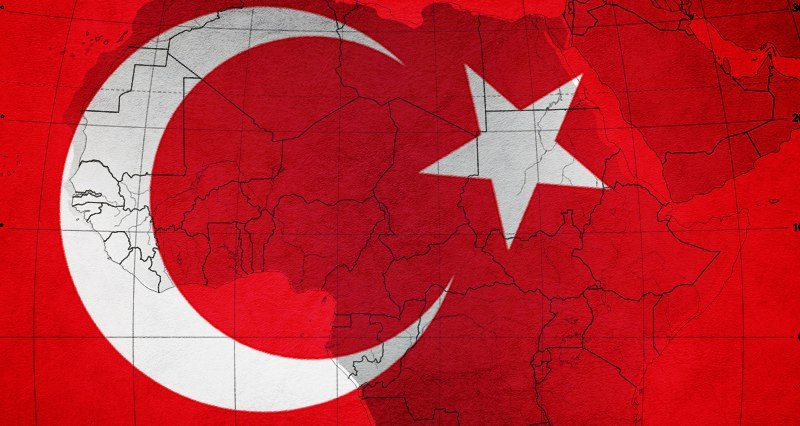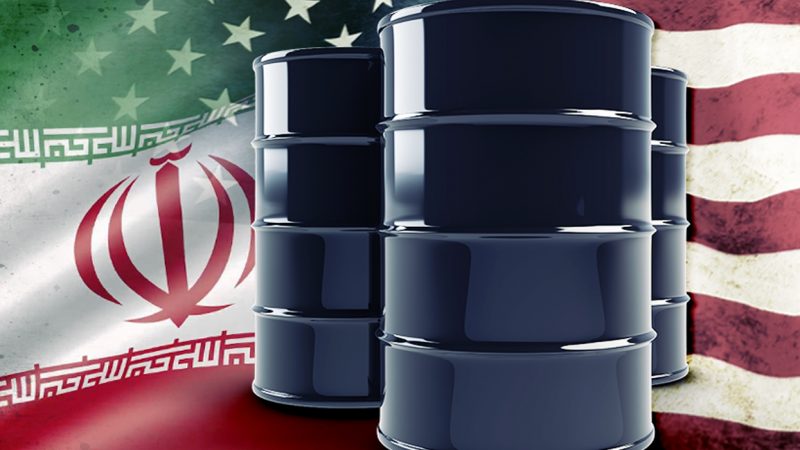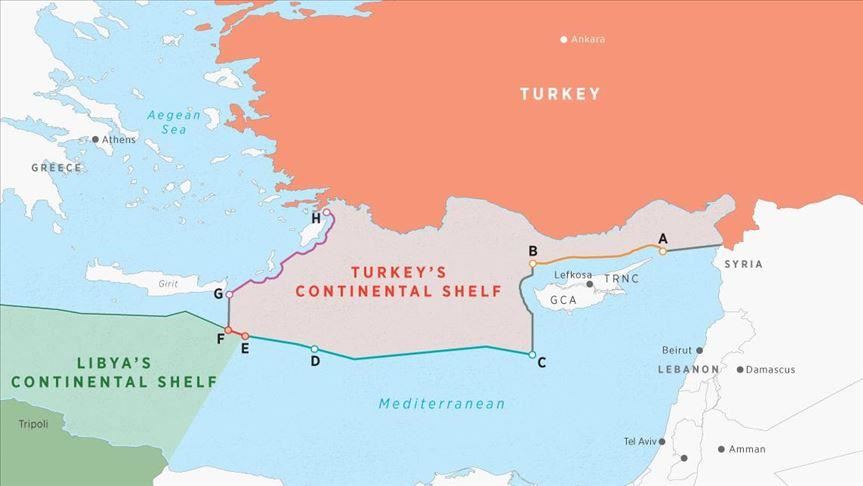Geopolitics in Transcaucasia have been influenced by several regional developments, ultimately having an impact on the trilateral Iranian-Azerbaijani-Turkish relations within the context of energy transport to the Autonomous Republic of Nakhchivan. With its vast oil and gas resources in the Caspian Sea, Azerbaijan has no problem supplying the oil and …
Read More »Energy Resources and the New Great Game in the Eastern Mediterranean
Control over energy resources and transit routes has long been a source of rivalry and competition among major powers with interests in the Middle East, Caspian Sea basin and Central Asia. And since the early 2000s, a new “great game” of sorts has embroiled local and outside players in competition …
Read More »Is Turkey’s New Gas Discovery in the Black Sea a Game Changer?
In mid-August, Turkey officially announced the discovery of a massive, 320-billion-cubic-meter (bcm) natural gas field in the Black Sea, in an exploration zone called “Tuna-1” (TRT World, August 21). The news was met with some skepticism from energy experts, notably in the Middle East (Arab News, August 24). Yet, if …
Read More »China and Iran’s Strategic Partnership: A Zero Sum Game?
Iran and China first announced a long-term 25-year strategic partnership in 2016, with a draft document of the accord reportedly approved last week. Cooperation between the two countries will include China’s financial and technological participation in major projects such as highways, railways, oil and gas fields, the tourism industry, information technology and …
Read More »The Future of Iranian Natural Gas Exports to Turkey
Reducing dependence on Iranian gas will increase Turkey’s bargaining power in gas transactions. In practice, Iranian gas will not play a significant role in Turkey’s policies, which means that it can be easily removed from them and sanctioned. The diversification of energy resources is a fundamental principle of Turkey’s energy …
Read More »Eastern Mediterranean Natural Gas Exploration Dispute
Disputes over right to explore gas in Eastern Mediterranean have become a very contentious issue during the last few years. Especially after Turkey in January 2020 signed maritime deal with the Tripoli- based Government of National Accord (GNA). Turkey signed the bilateral maritime deal with Libya in response to the …
Read More »Coronavirus and a new crisis in the world oil market
Supply and demand are the two central elements of price stability in the global energy market. Moreover, the rate of economic growth of major energy-consuming countries such as China and India also plays an important role in market stability. In addition to these two main components, geopolitical events in major …
Read More »Turkey’s Focus on Africa: Energy Security, Political Influence and Economic Growth
Turkey, which has based its economic growth on export development and made significant strides in recent years (especially during the AKP administration) has taken a strategic approach to the African continent in search of new markets. Moreover, it is seeking to expand its political, economic and commercial presence on the …
Read More »Challenges of Iran’s petrochemical industry in the shadow of new sanctions
While crude oil exports (Iran’s most important foreign exchange industry) have sharply reduced with no hope of recovery, other resources such as petrochemicals, mines and metals could have been a way out for the Islamic Republic… however, these sectors were also sanctioned in Spring 2019. Iran’s petrochemical and steel sectors …
Read More »The Geopolitics of the Turkey-Libya Maritime Deal
Discovering new sources of energy always creates the opportunity to increase regional cooperation and increase stability and security in a given region. However, at the same time, these resources can also increase tensions. In recent years, maritime resources have been the focus of both coastal states and trans-regional powers. Numerous …
Read More »

